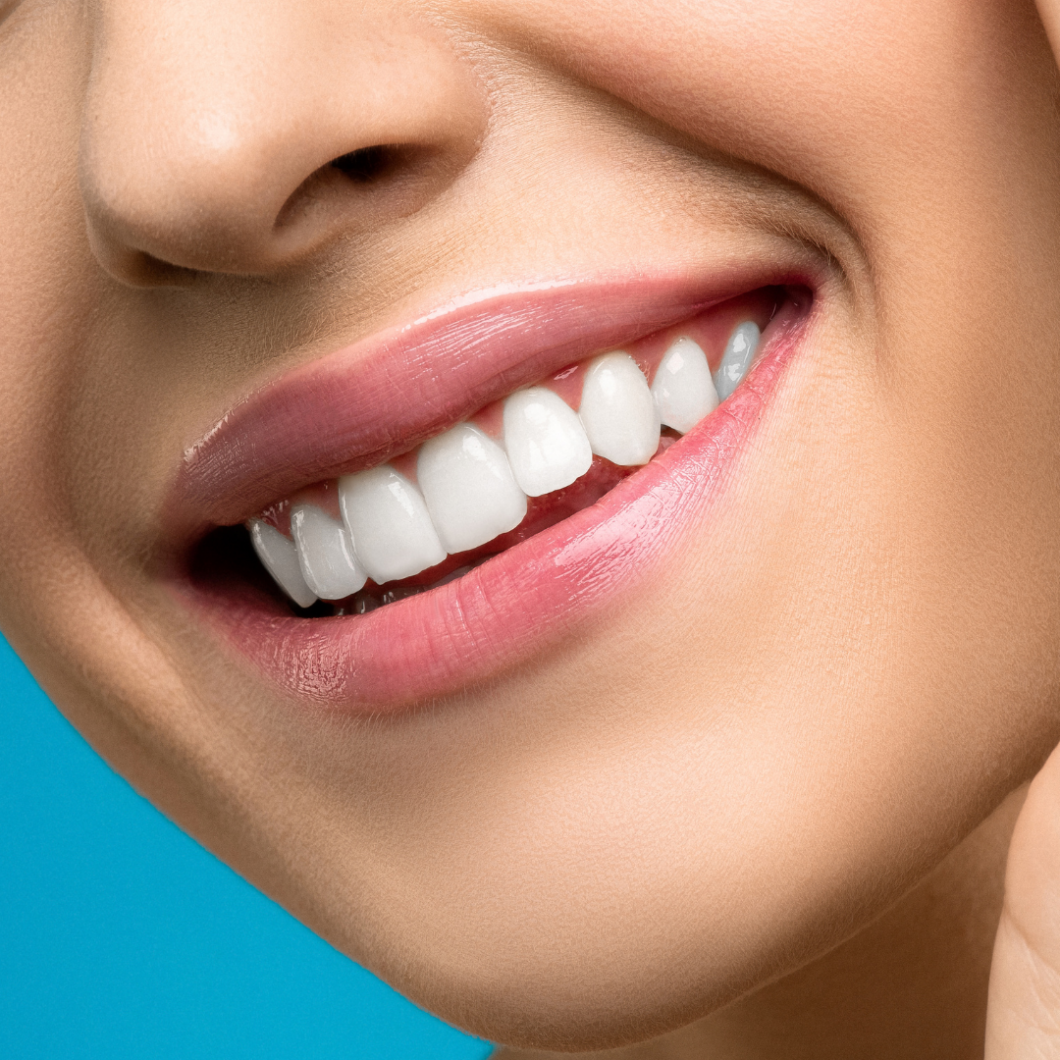Are you a Candidate for an IPE? In orthodontics, achieving the ideal smile often involves specialized tools and techniques tailored to individual needs. One such tool is the Invisalign palatal expander, designed to widen the upper jaw and improve alignment. Understanding who benefits most from this treatment—based on age and specific conditions—can help determine if it’s the right option for you or your child.
Age Groups for Invisalign Palatal Expanders
The effectiveness of an Invisalign palatal expander varies by age:
- Children and Adolescents (Ages 7–15):
This age group benefits the most as their jawbones are still growing and more adaptable. Expanding the palate during this stage can prevent future orthodontic issues and often eliminates the need for more invasive procedures later. - Adults:
While adults can use palatal expanders, their fully developed jawbones make the process more complex. In some cases, additional surgical assistance may be required to achieve the desired results.
Conditions Suited for a Palatal Expander
- Narrow Palate:
A narrow dental arch can lead to crowding and improper alignment. An expander creates the space needed for teeth to move into optimal positions. - Crossbite:
When the upper teeth bite inside the lower teeth, a palatal expander can correct the arch width and align the bite, reducing long-term complications. - Breathing Issues:
In some cases, a narrow palate can contribute to breathing problems, such as obstructive sleep apnea. Expanding the upper jaw may improve airflow and enhance respiratory function. - Crowding:
By creating additional space in the dental arch, an expander can reduce crowding and often prevent the need for tooth extractions. - Aesthetic Improvements:
Expanding the palate can enhance facial symmetry and smile aesthetics, making it a valuable option for those concerned with appearance.
Are You a Candidate for an IPE?
The Invisalign palatal expander is a versatile solution for addressing various orthodontic needs, particularly in growing children and adolescents. However, determining its suitability requires a comprehensive evaluation by an experienced orthodontist. They can assess your dental health, age, and specific conditions to create a tailored treatment plan.

